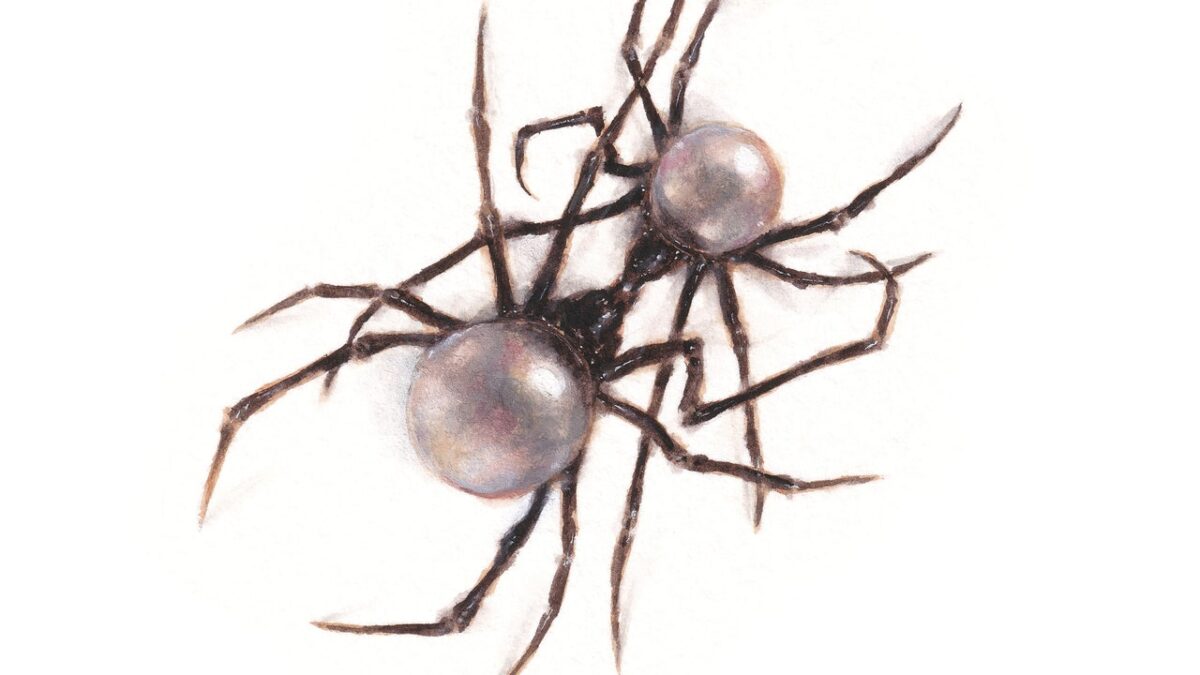
Doja Cat’s arachnidemonic no-features rap album would like a word with anyone who ever said that she’s not really a rapper. Scarlet asserts Doja’s ability to rap, and her right to be multi-talented and difficult—“difficult art” is high praise. If only anything about Scarlet were difficult. It’s reactive and repetitive, pairing unsurprising takes on traditionalist hip-hop with sharp retorts to last season’s insults. Conceptually, the album is pitched somewhere between Rico Nasty’s Anger Management and Taylor Swift’s Reputation, a razor-edged heel turn that has always something to prove. It’s probably the biggest album to be so concerned with posting, which doesn’t give it the blockbuster quality it deserves.
Doja Cat has answered doubters before, once saying that “it’s fine if people think that I can’t rap,” but Scarlet—working title First of All—implies maybe it isn’t anymore. In one of many spring-summer 2023 tweets later deleted, but not before they made headlines, Doja wrote, “i also agree with everyone who said the majority of my rap verses are mid and corny…. I just enjoy making music but I’m getting tired of hearing yall say that i can’t so I will.” Scarlet’s relatively straight-ahead approach to hip-hop sounds like ’90s boom-bap retrofitted with an eye to contemporary sample drill, rage, and cloud rap. Frequent Lil Yachty collaborator Earl on the Beat has a hand in four tracks including singles “Paint the Town Red” and the dreamy love song “Agora Hills”; Jay Versace is behind the most California-sounding beats, channeling West Coast old school on “97” and L.A. beat scene on “Often.” A generous sample budget pays for classic material like the Ric Flair soundbite on “Balut” and Earl’s Dionne Warwick sample, the first sound on the album: a dove of peace over Evil Doja’s shoulder in “Paint the Town Red,” the No. 1 hit that’s an exact fit for her fake-bloodied, take-no-prisoners horrorcore persona.
After the opening “Red” and “Demons,” Scarlet is a purgatorial run of similarly paced songs that play like progressively shallower echoes of the singles’ pride and bluster. Moment to moment Doja’s performance is dynamic—sweet falsetto, thick nasal drawl—but her writing can make her sound like a sore winner bringing playground taunts to a flame war (“You look like a butter face”) and flatlining on “Love Life” as she congratulates her business team. Remy Ma, who last year reported that the Doja Cat fanbase “came for my life” after she’d said she didn’t think of Doja as a rapper, merits a subtle dig hidden in a stream of punning wordplay on “Ouchies,” and Doja spends not a little time beefing with those same “extremist” superfans on her own behalf, commentating on minor controversies and reminding them that every hate click counts.













